Environmental Engineering Reference
In-Depth Information
the way we design and manage our communities (especially our modern
large urban environments). It will certainly require that we conduct our col-
lective living on the non-negotiable terms of the natural world. We can
modify and reshape environments, we can develop clever technologies that
extend the carrying capacity of the natural world, but the bottom line is that
we cannot exceed the biocapacity of the planet without long-term detriment
to human health and survival.
References
AIHW (Australian Institute of Health and Welfare). (2002).
Australia's Health 2002
.
AIHW, Canberra.
Cocks, D. (2003).
Deep Futures.
UNSW Press, Sydney.
Eckersley, R., Dixon, J. & Douglas, B. (eds). (2001).
The Social Origins of Health and Well-
being.
Cambridge University Press, Cambridge.
Intergovernmental Panel on Climate Change (IPCC). (2001).
Climate Change 2000.
Cambridge University Press, Cambridge.
Martens, W.J.M. & McMichael, A.J. (eds). (2002).
Climate, Environmental Change and
Health
. Cambridge University Press, Cambridge.
McMichael, A.J. (2001a). Human culture, ecological change and infectious disease: are we
experiencing history's fourth great transition?
Ecosystem Health
7:
107-15.
McMichael, A.J. (2001b).
Human Frontiers, Environments and Disease: Past Patterns,
Uncertain Future.
Cambridge University Press, Cambridge.
McMichael, A,J. (2002). The biosphere, human health and sustainability.
Science
297:
1063.
McMichael, A.J, Campbell-Lendrum, D., Corvalan, C.
et al.
(eds) (2003).
Climate Change
and Human Health: Risks and Responses.
World Health Organization, Geneva.
McMichael, A.J., McKee, M., Shkolnikov, V. & Valkonen, T. (2004). Mortality trends and
setbacks: global convergence or divergence.
Lancet
363:
1155-59.
Raven, P.H. (2002). Science, sustainability and the human prospect.
Science
297:
954-6.
Vitousek, P., Mooney, H.A., Lubchenco, J. & Melillo, J.M. (1997). Human domination of
the Earth's ecosystems.
Science
277:
494-99.
Wackernagel, M., Schulz, N.B., Deumling, D., Linares, A.C., Jenkins, M., Kapos, V.,
Monfreda, C., Loh, J., Myers, N., Norgaard, R. & Randers, J. (2002). Tracking the
ecological overshoot of the human economy.
Proceedings of the National Academy of
Sciences
99(14):
9266-71.
World Health Organization (WHO). (2003a).
Global Burden of Disease 2000
. World
Health Organization, Geneva.
World Health Organization (WHO). (2003b).
World Health Report 2002.
World Health
Organization, Geneva.
















